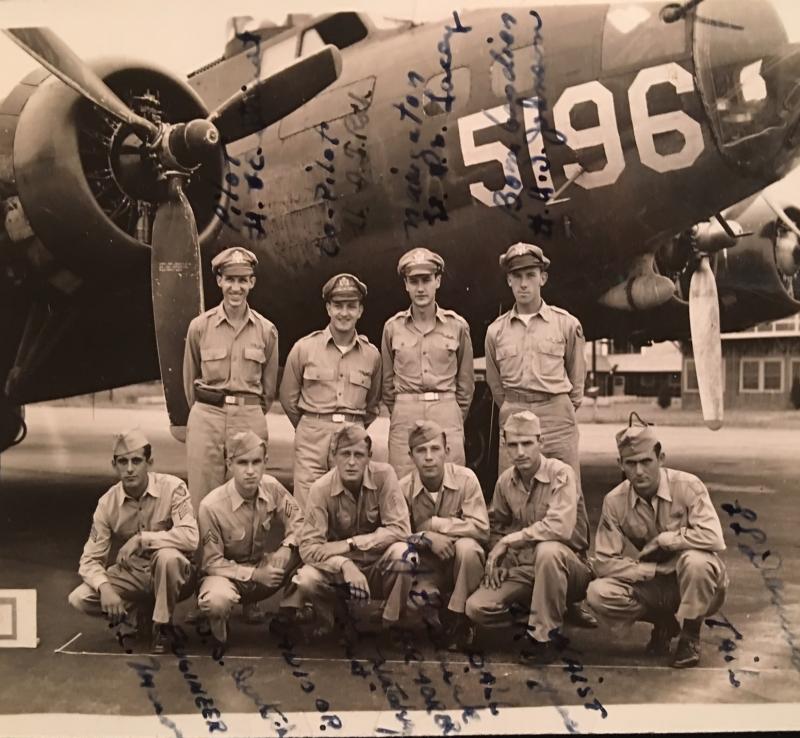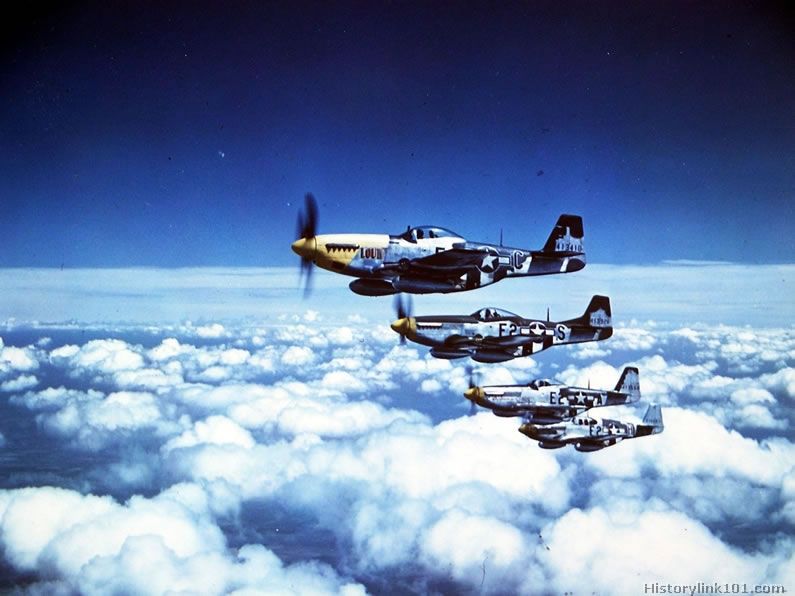So far, 36,000 people in the UK have died from the corona virus and if you add-in the untested, as Her Majesty’s Government are understandably in no hurry to do, a lot more have. As I was writing this I got it wrong though. It isn’t 36,000 at all. It’s now 37,048. You can track it here at worldometers.info.
It’s certainly brought out the cliches. I was going to type that I’ve never seen anything like it in my life, but one thing I have seen before is government incompetence, dogma and a total refusal to accept that anything it does could ever be wrong. That part is just like the 1980s again. You turn if you want to.
I’ve been meaning to read everything I have in the pile but it mostly hasn’t happened. I still haven’t read Wolf Among Wolves and I love Hans Fallada. Ditto A Boy In Winter, Austerlitz, even Arthur Miller’s Timebends isn’t getting read. Instead I tried to catch-up on my everyone’s-supposed-to-have-read-Conrad list, given that at least he wrote short books.
Apocalypse Now was the problem.
There was a spare of films about the Vietnam War, from the Deerhunter through Apocalypse through FMJ, teaching mine and Jeremy Clarkson’s generation an entire vocabulary of gooks and slopes, M16s, medevac, fragging officers and the Thousand Yard Stare. Man, the chopper used to fly right over my house. Not in Vietnam but in Finsbury Park, coming down from somewhere north to shoot Kubrick’s Full Metal Jacket in Docklands. Back then we – a collection of girls called things like Laura and Nicky and Caroline, DPG spooks, thick rich boys and ditto moguls (Nay, rarely, not Indian princes, girls who do photo shoots, ya? Because of the way they speak, ya?!?!) called it Full Dinner Jacket at the White Horse in Parson’s Green. What larks!

But only because if you can remember the 1980s you weren’t drunk most of the time. I found it oddly appropriate that when a film-maker wanted to shoot in a tense, devastated third-world hell hole the obvious location was London. But it was a different place back then. The horror. The horror.
Conrad, to point out the bleeding obvious, wrote Heart of Darkness. To be honest, guv, I found the telling a story by telling a story about someone telling a story a bit laboured, quotes and all. But I can’t find a publisher and Conrad did, so what do I know?
What I did find in Heart of Darkness wasn’t on the edge of town but on page 101, appropriately enough Orwell’s place where there is no darkness. It was a passage I very much identified with, because 15 years ago, it happened to me.
I have wrestled with Death. It is the most unexciting contest you can imagine. It takes place in an impalpable greyness, with nothing underfoot, with nothing around, without spectators, without clamour, without glory, without the great desire of victory, without the great fear of defeat, in a sickly atmosphere of tepid scepticism, without much beleif in your own right and still less in that of your adversary.
Conrad, Heart of Darkness, right at the end. Obviously.
That, as I remember it, was pretty much what it was like. A detachment, when you’re really, dying-type ill. A lack of interest in the outcome. I didn’t have Covid-19. I think I actually did in February and March, when I couldn’t stop coughing for about a month, had a temperature of 38.4 and not much memory day-to-day, other than being desperately tired all the time. Fifteen years ago I had something equally fatal, an iliac Deep Vein Thrombosis.
It’s Not All About You
Except when it happens to you, yes it %@&*ing well IS, actually.
I’d been flying around the world too much, I had a vein that had grown too close to an artery and in an airplane long-haul the artery expanded as arteries do. It pressed my iliac vein against my spine hard enough and long enough to stop the blood flowing through it, so it did what my blood does and clotted.
The thing about blood is that while it’s inside you it’s got a job to do and that job means it has to keep moving. The problem when blood in a vein clots mainly starts when the clot breaks up. First it goes to your lungs and can rip them apart. It’s called a pulmonary thrombosis and it really hurts. You’d know if you had one. Coincidentally enough, that’s what kills a lot of people with Covid-19. Three 300mg aspirin tablets – about 25p – would help, but I didn’t know that then. If the clot goes through your lungs without killing you it goes into your heart. That’s fine. It’s getting the clot out that’s the problem, because clots have a habit of getting stuck there. The heart will keep pumping, because that’s all it knows how to do and liquids don’t compress. Something’s got to give and the thing that will is your heart, as for once factually, however many times you’ve said it to people who are telling you to go and try to enter your body parts in someone else, permanently, it doesn’t feel as if it’s ripping apart, it actually is.
Then Mistah Kurtz, he dead.
If you’re lucky. Because if you aren’t then the blood clot will head next to your brain. It can kill you there by ripping it apart again, but if you’ve really lucked out you’ll just have a stroke, and I’m far too old to want to try to learn how to use a spoon to feed myself all over again.
Perhaps all the wisdom, and all truth, and all sincerity, are just compressed into that inappreciable moment of time in which we step over the threshold of the invisible. As Conrad put it.
From reading Hunter S. Thompson – never a wholly reliable source – I used to believe that the last words in Heart of Darkness were Kurtz’s.
The horror. The horror. Exterminate all the brutes.
Although to be fair, that could equally have been said by any Cabinet Minister advocating herd immunity.
We aren’t getting much wisdom, truth or sincerity out of HMG. But when the man who is Prime Minister was elected by people knowing full well he was sacked twice for lying all three are probably fairly unreasonable expectations.
The last words spoken in the book are much more apposite.
We have lost the first of the ebb.








